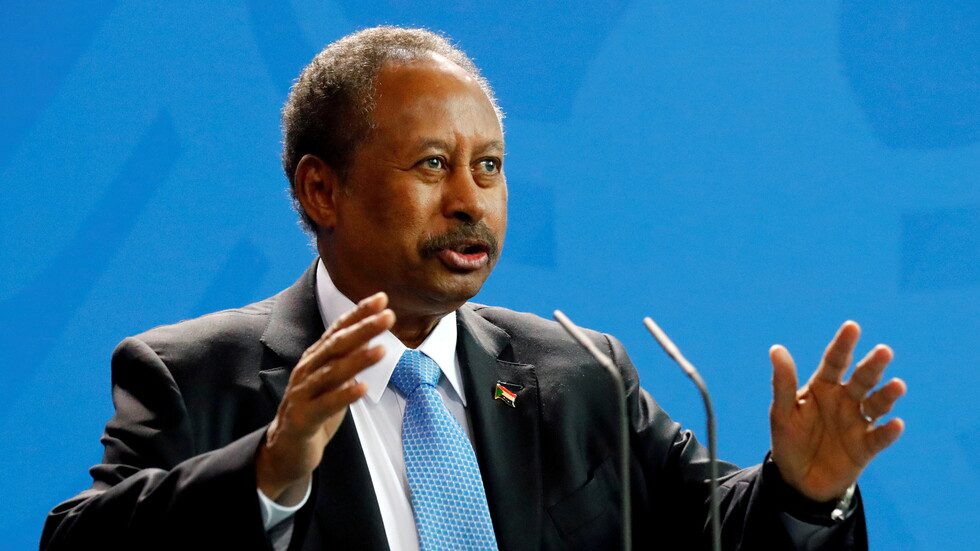
The Sudan Founding Alliance (Tasis) welcomed the International Criminal Court’s conviction of Ali Kushayb for war crimes and crimes against humanity in Darfur, and urged the swift handover of remaining ICC fugitives—deposed president Omar al-Bashir and his former ministers Ahmed Haroun and Abdel Rahim Mohammed Hussein—who face charges including genocide.
In a statement on Monday, Tasis said the Darfur atrocities that began in 2003 were orchestrated by the same Islamist regime it accuses of igniting the April 15, 2023 war. It further blamed that regime for earlier conflict in South Sudan, saying it injected a false religious narrative that contributed to the country’s eventual secession, and for stoking racism in Darfur.
Tasis alleged that the “apartheid regime” and General al-Burhan’s army (SAF) sparked and continue to fuel the current war, while undermining mediation tracks. It called for coordinated popular, regional and international action to confront them.
The alliance urged regional and international partners to ensure the transfer of ICC fugitives, saying they are shielded by the former regime’s army in areas under its control—contrary to the spirit of the December 2018 revolution.
Tasis also called for all parties implicated in the alleged use of internationally banned chemical agents during the ongoing war to be placed on international prosecution lists, noting that such use—against civilians or combatants—is a war crime under the 1993 Chemical Weapons Convention, the Geneva Conventions and the Rome Statute.
Welcoming the one-year extension of the Independent International Fact-Finding Mission’s mandate, Tasis invited the Mission to visit areas administered by the Peace Government and pledged full cooperation. It urged investigators to gather evidence inside Sudan rather than rely on reports from actors not present on the ground, arguing that truth is often the first casualty of war.
Concluding, Tasis reaffirmed its commitment to justice and the rule of law, and vowed to continue efforts to free Sudan from what it called jihadist tyranny—goals it linked to the aspirations of the December Revolution.




